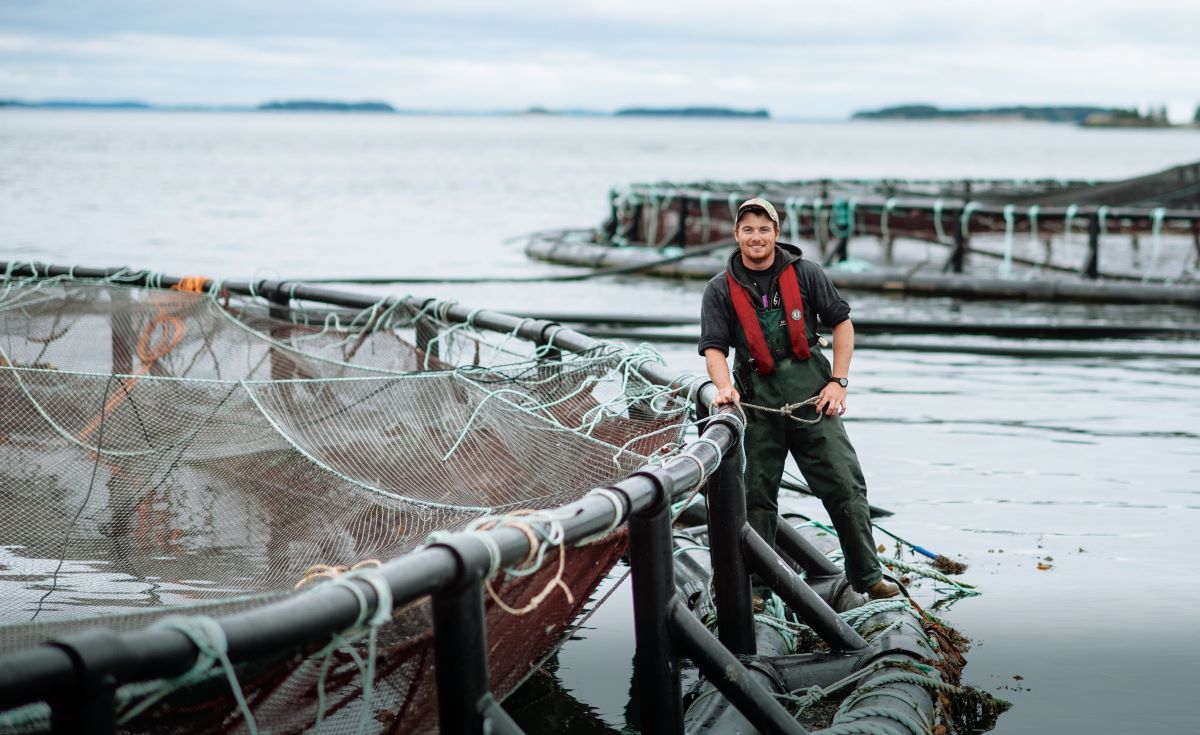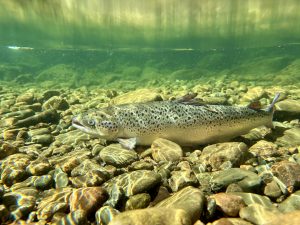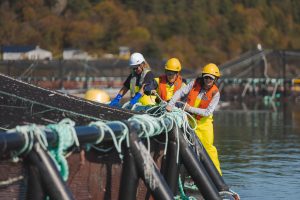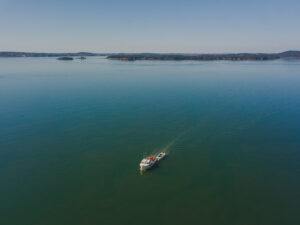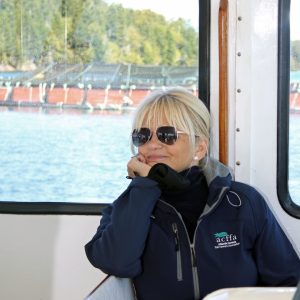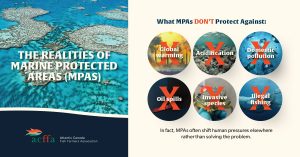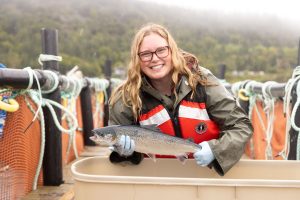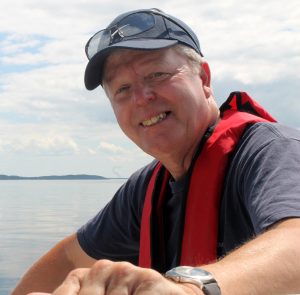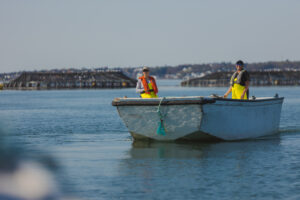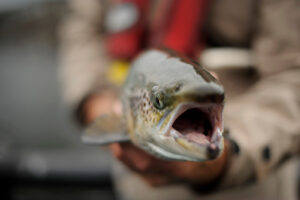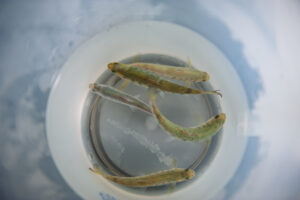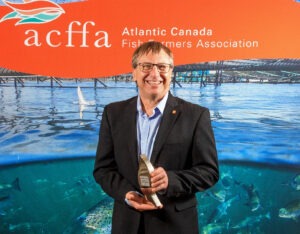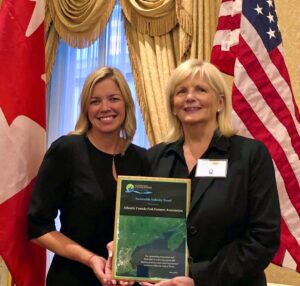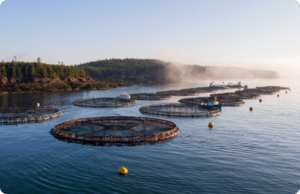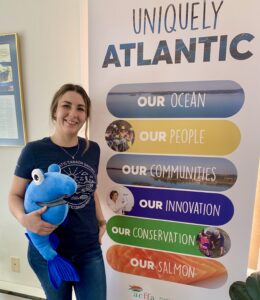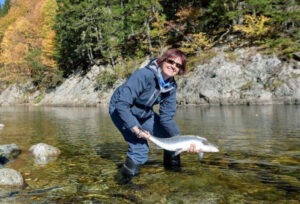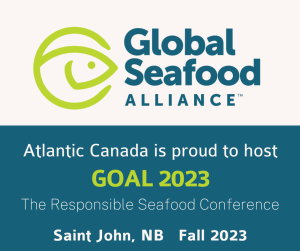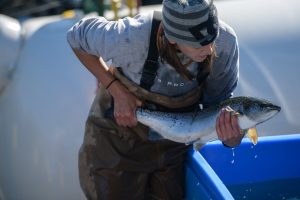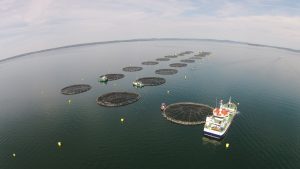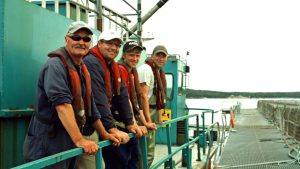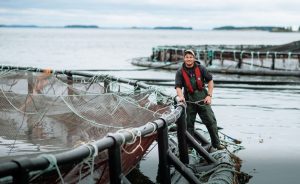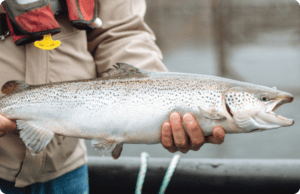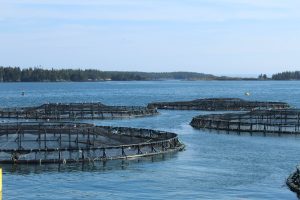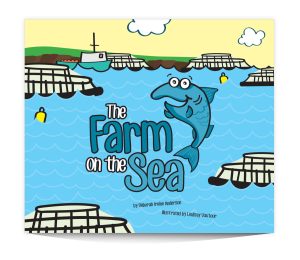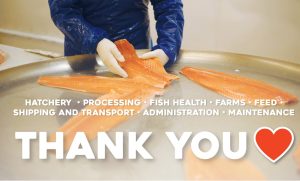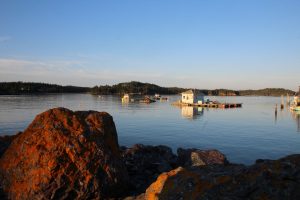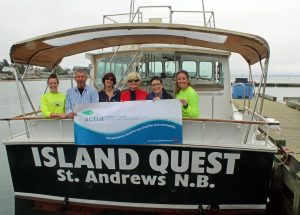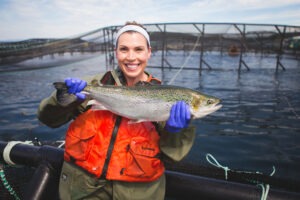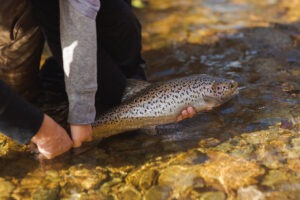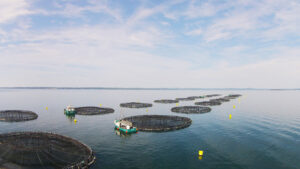Ottawa’s announcement this week based on the decision of the Canadian Council of Fisheries and Aquaculture Ministers (CCFAM) to move forward with an Aquaculture Act is significant. It acknowledges the important role our federal government needs to play to support the sustainable growth of our sector. Atlantic Canadian seafood is highly desired around the world, and our region has an important role to play in producing healthy protein to help feed a growing population. Aquaculture is one of Canada’s most promising sectors, but its potential will not be realized without a modern and updated legislative framework to support its sustainable growth.
Canada is the only nation among its major international competitors to not have a stand-alone, modern act to govern aquaculture. Instead, Canada’s sector is regulated by multiple federal and provincial agencies, often with overlapping mandates. At the federal level, aquaculture is governed by the 150-year old Fisheries Act, that was created at the time of Confederation when aquaculture did not exist. It does not even mention the word “aquaculture”. The Act’s mandate is “conservation & management” and does not consider ocean fish farming as an activity. As a result, the Department of Fisheries and Ocean’s actions are consistently dominated by regulating the sector rather than enabling the sector for growth.
We support the development of an Aquaculture Act that respects all current federal, provincial and territorial jurisdictions, while avoiding duplication of processes. Such an act would provide the sector with a modern and coherent regulatory framework that protects the public interest, is evidence-based, efficient, predictable and accountable. While the Department of Fisheries and Oceans must retain its regulatory and constitutional responsibility, Canada must designate an agency that formally has the mandate to support the growth of the seafood farming sector, as with other farming sectors. This will allow the Department of Fisheries and Oceans to continue to protect Canada’s oceans while placing the country in the forefront of ocean management and aquaculture development globally.
Our sector always has – and will continue to be – grounded in innovation and sound science. We look forward to hearing more details about the study on alternative aquaculture technologies to be carried out with Sustainable Development Technology Canada and the province of British Columbia. The move toward area-based management plans is not surprising. Atlantic Canada’s world-renowned area-based approach started in 2005 and is used as a model in many other jurisdictions.
Our salmon farming companies and other member companies will continue to work as partners in wild fish protection while growing long term jobs in rural communities within the aquaculture sector.
We look forward to working with the federal and provincial governments, aquaculture professionals, and other ocean stakeholders as this process evolves.
